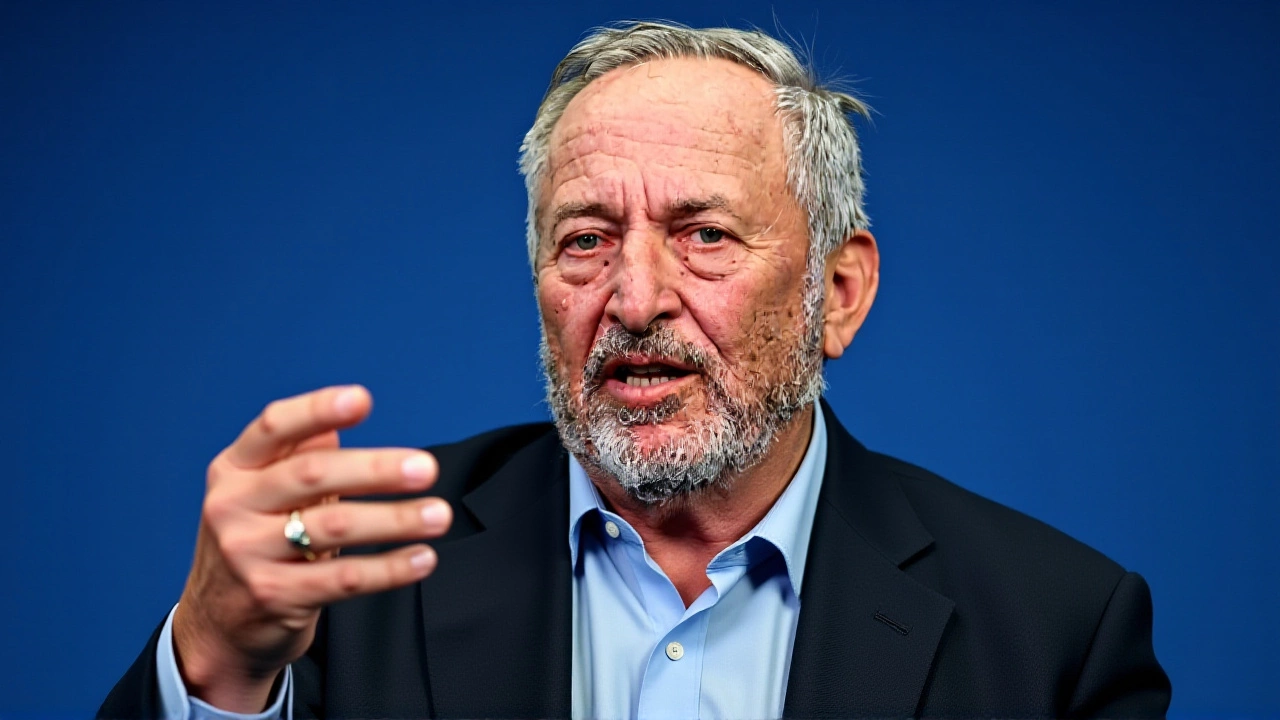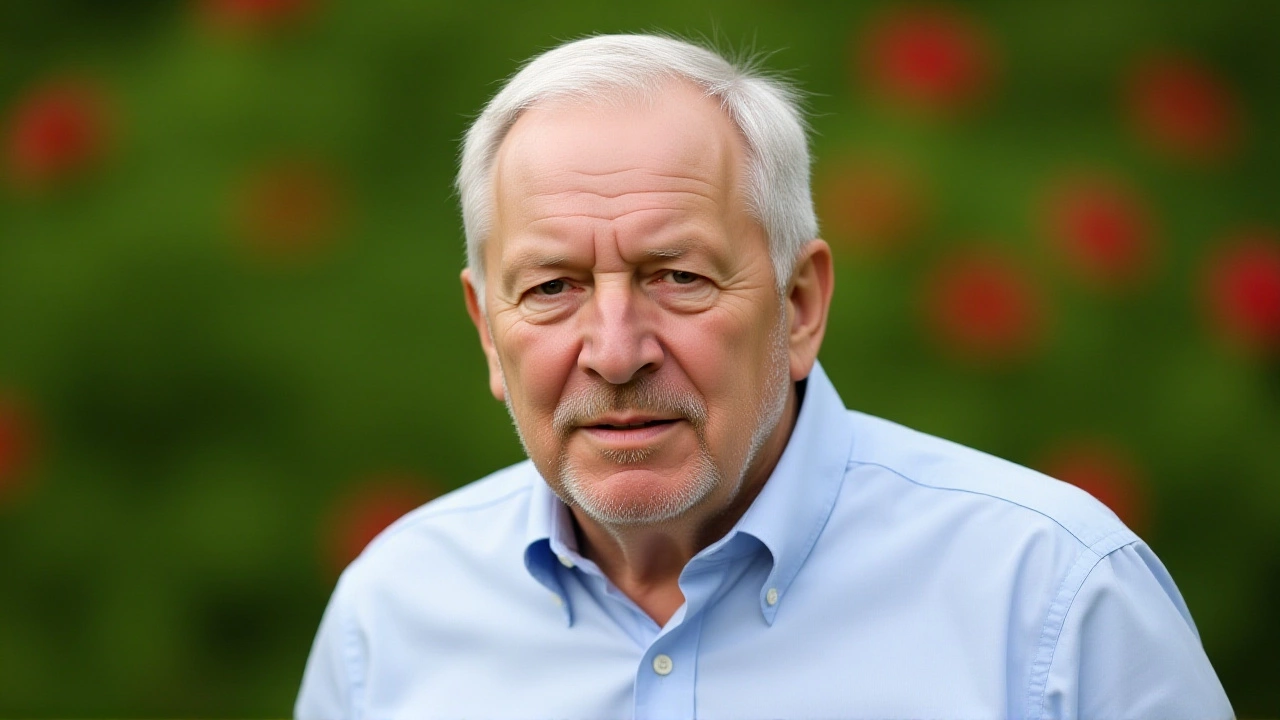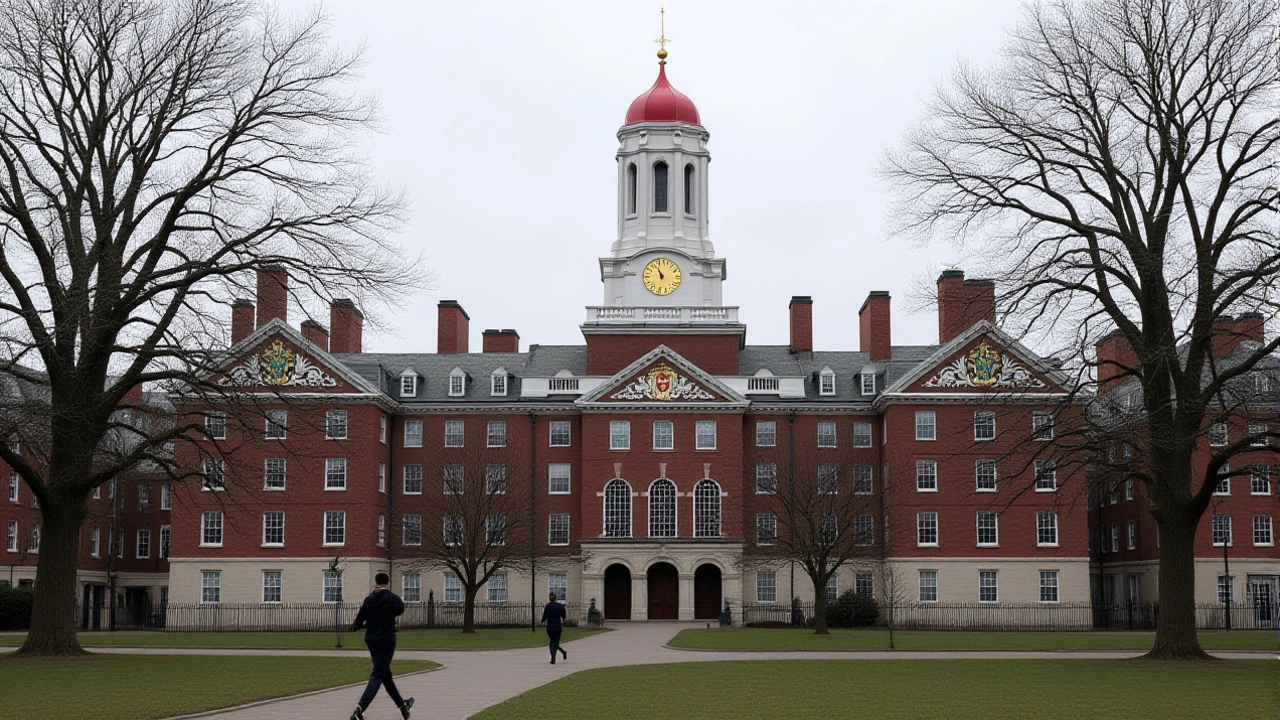When Harvard University revealed it had accepted $9.179 million from convicted sex offender Jeffrey Epstein between 1998 and 2008, the shock wasn’t just about the money—it was about who had been talking to him, and for how long. The full report, delivered by Diane Lopez, Harvard’s Vice President and General Counsel, to then-President Larry Bacow on May 1, 2020, laid bare a disturbing pattern: donations poured in before Epstein’s 2006 arrest, continued even after his 2008 conviction, and were quietly tolerated long after the world learned the truth about him. Now, with former president Lawrence H. Summers stepping back from public life in November 2025 after emails revealed he kept correspondence with Epstein well into the 2010s, the university’s moral reckoning has reached its most personal chapter.
How the money flowed—and who let it
The largest single gift, $6.5 million in 2003, funded the Program in Evolutionary Dynamics, a research initiative co-proposed by Epstein and Harvard math professor Martin Nowak. Summers, then president, personally encouraged Epstein to attach his name to the program, despite internal concerns. Epstein reportedly resisted, but Summers prevailed. The program became a flagship for Harvard’s theoretical biology efforts—until it was shut down in March 2021, after a legal review tied it too closely to Epstein’s ongoing criminal activity. Between 1998 and 2002, Epstein gave $200,000 to psychology chair Stephen Kosslyn, who later vouched for Epstein’s admission into Harvard’s visiting fellow program in 2005. No background checks were done. No disclosures required. Epstein, a registered visitor with the Graduate School of Arts and Sciences, was allowed to attend seminars, dine with faculty, and even host events on campus—despite the growing rumors about his behavior. By 2008, when President Drew Faust banned new donations from Epstein, the damage was already done. The university had already accepted $9.2 million. And some relationships? They didn’t end.The Summers connection: Emails, poetry, and silence
The most damaging revelation came in November 2025: Lawrence H. Summers had exchanged emails with Epstein after his 2008 conviction. Not just a few. Dozens. In one, Summers’ wife, Elisa New, a Harvard literature professor, pitched Epstein on a poetry project and requested $500,000. He donated $110,000 through a separate charitable entity—not Harvard, but still, the connection was undeniable. The emails, obtained by ABC News, showed a man who saw Epstein not as a monster, but as a patron. "I am deeply ashamed of my actions," Summers said in a statement. "I take full responsibility for my misguided decision to continue communicating with Mr. Epstein." He added he would step back from public commitments while remaining in his teaching role at Harvard’s Charles W. Eliot University. The move was framed as personal accountability—but to many, it felt like damage control. Summers had already left the presidency in 2006 after controversy over sexist remarks. Now, he was leaving again, this time because of moral failure.
What happened to the money?
Harvard didn’t keep the leftovers. Of the $9.179 million, $200,937 remained unspent. President Bacow pledged to split it equally between two organizations: My Life My Choice in Boston and Girls Educational & Mentoring Services (GEMS) in New York—both nonprofits helping survivors of sex trafficking. It was a symbolic gesture, but a necessary one. "We can’t undo the past," Bacow said in 2020. "But we can make sure this money serves those Epstein harmed." The Program in Evolutionary Dynamics was dissolved in 2021. Faculty members who had collaborated with Epstein, including Nowak, left Harvard or went silent. The university revised its donor vetting policies—but critics say the changes are too little, too late. "There have always been individuals from whom it’s clear that it would not be a wise thing to take money," said William Kirby, former dean of the Faculty of Arts and Sciences. "The question isn’t whether we knew. It’s why we didn’t act sooner."Why this matters beyond Harvard
This isn’t just about one university. It’s about how elite institutions quietly normalize toxic relationships when money is involved. Universities across the U.S. have taken donations from controversial figures—Sacklers, Trump, the Koch brothers—often rationalizing it as "academic freedom" or "the greater good." But when the donor is a convicted sex trafficker, the calculus changes. Harvard’s story shows how easily ethics can be sidelined by prestige, ambition, and the allure of a big check. The Epstein case at Harvard wasn’t a single mistake. It was a decade-long series of choices: to look away, to excuse, to keep talking. And now, the cost is being paid in reputational damage, institutional distrust, and the quiet grief of survivors who never got an apology.
What’s next?
Harvard has launched a new donor review task force, led by outside legal experts. The university also plans to publish a full timeline of Epstein’s interactions with faculty, including who knew what and when. Meanwhile, survivors’ advocates are calling for a public memorial fund in Epstein’s name—funded by Harvard’s endowment—not to honor him, but to ensure his legacy is one of accountability. "We don’t need another building named after him," said a spokesperson for GEMS. "We need to make sure no student ever wonders whether their professor was friends with a predator."Frequently Asked Questions
How much money did Jeffrey Epstein give to Harvard, and what was it used for?
Jeffrey Epstein donated $9,179,000 to Harvard between 1998 and 2008. The largest gift—$6.5 million in 2003—funded the Program in Evolutionary Dynamics, a research initiative led by math professor Martin Nowak. Smaller donations supported psychology research and faculty work. Harvard later shut down the program in 2021 after confirming its ongoing ties to Epstein. Unspent funds, totaling $200,937, were redirected to victim support organizations.
Why did Lawrence Summers keep communicating with Epstein after his conviction?
Summers maintained email contact with Epstein through at least 2014, including a 2014 exchange where his wife, Professor Elisa New, requested a $500,000 donation for a poetry project. Epstein donated $110,000 through a separate charity. Summers later admitted he was "deeply ashamed" and failed to recognize the moral implications. He didn’t violate Harvard policy, but his actions violated public trust.
Did Harvard know Epstein was a predator before accepting his donations?
Yes. Epstein was investigated in Florida in 2005 and pleaded guilty to state prostitution charges in 2008. Harvard accepted donations until 2008 and continued to allow him on campus as a visiting fellow. Internal emails show administrators were aware of the allegations by 2006 but did not act decisively until after public pressure mounted in 2018.
What happened to the Program in Evolutionary Dynamics?
The program, funded by Epstein’s $6.5 million gift, was shut down in March 2021 after an internal legal review confirmed it remained closely tied to Epstein’s network until shortly before his 2019 death. Faculty members involved, including Martin Nowak, have since left Harvard. The program’s research was not discredited, but its association with Epstein made its continuation untenable.
Why didn’t Harvard cut ties with Epstein sooner?
Harvard’s donor vetting process in the 2000s lacked transparency and conflict-of-interest checks. Faculty like Stephen Kosslyn recommended Epstein for visiting fellow status without disclosing donations. Leadership prioritized research funding over ethical scrutiny. It wasn’t until 2018’s Miami Herald investigation that the university faced public pressure to act—over a decade after Epstein’s first conviction.
How is Harvard addressing this scandal now?
Harvard has established an independent donor review task force, published Epstein’s donation timeline, and redirected unspent funds to victim support groups. The university is also revising its donor vetting protocols to include criminal background checks and mandatory ethics disclosures. But many survivors and alumni say true accountability requires more—like renaming buildings and publicly apologizing to victims.
